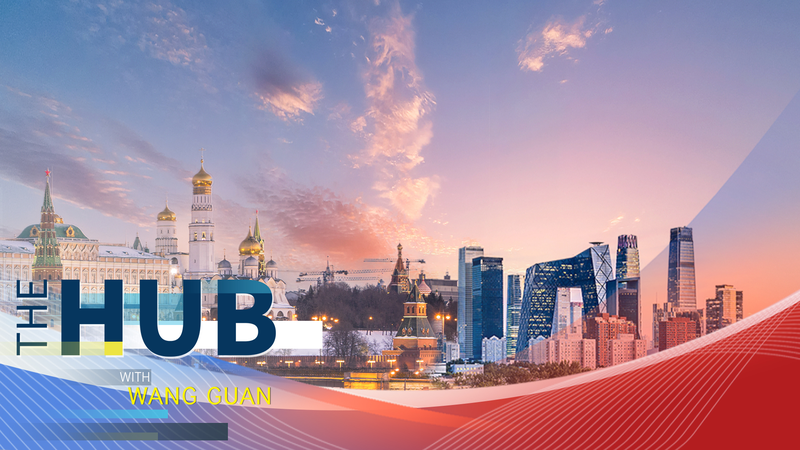On May 7, Chinese President Xi Jinping touched down in Moscow for his 11th official visit, joining Russian counterparts to mark the 80th anniversary of the Soviet Union’s victory in the Great Patriotic War. Against the backdrop of towering monuments and solemn parades, Xi underscored China’s deep yearning for peace and the enduring stability of China-Russia ties.
In a special edition of The Hub, host Wang Guan convened three experts—Mark Sleboda, international relations and security analyst; Zhao Long, deputy director and senior fellow at the Institute for International Strategic & Security Studies; and Rong Ying, chair professor at Sichuan University—to explore how this historic partnership is shaping today’s global dynamics.
Key Takeaways
- Shared WWII Legacy: Both nations made major contributions to defeating fascism, a story often underrated in Western narratives.
- Historical Bond: Decades of cooperation—from wartime alliances to modern trade deals—have fortified a robust strategic partnership.
- Push for Multipolarity: Their joint vision advocates a more balanced world order, challenging unipolar approaches.
“When we remember the sacrifices made by millions, we see that unity is the strongest weapon against division,” noted Rong Ying. Zhao Long added that today’s collaboration draws on lessons from the past to advance a future defined by stability and shared prosperity.
As global audiences—especially digitally savvy young citizens—tune in from across G20 nations, the Moscow summit sends a powerful message: China and Russia are not just commemorating history; they are actively crafting a new chapter in international relations.
Reference(s):
cgtn.com




